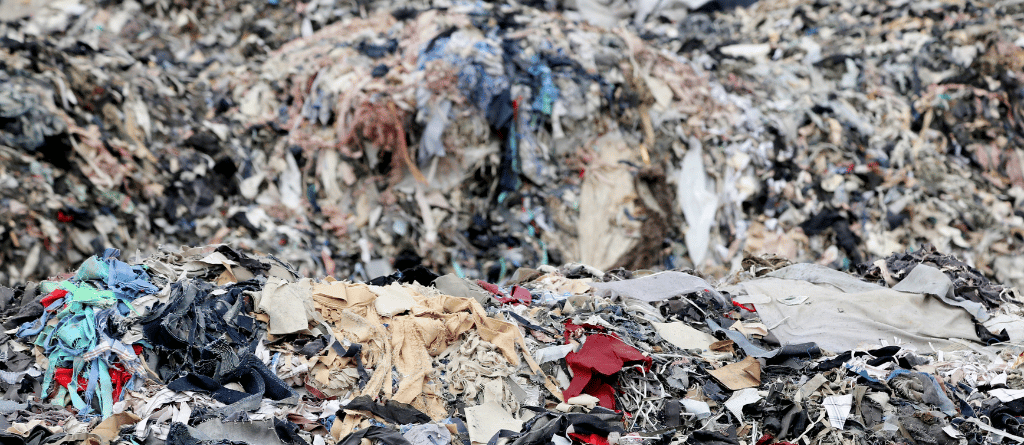Globally, food production currently accounts for a third of greenhouse gas emissions. Deforestation to make way for animal feed plantations, mono-cropping, and transportation are some of the leading causes. Unfortunately, mainstream farming methods are unsustainable and cause irreversible environmental damage.
Here at Jump, we used August to highlight the importance of avoiding high-emissions ingredients. We found simple things you can do to reduce the impacts of your diet without compromising flavour or convenience. Here are our top 5 tips:
Eat more plant-based meals.
A plant-based diet is not only delicious and healthy but generally uses fewer resources to produce than a diet rich in meat and dairy. To reduce your meat intake, swap a few meals weekly for plant-based alternatives such as pulses, lentils, beans and tofu.
Opt for organic options where possible. Inorganic farming methods rely heavily on chemical pesticides, herbicides and fertilisers, which can seriously affect the environment. Soil is a finite resource, and when it’s damaged, it can actually emit carbon. Restorative farming methods which promote biodiversity and soil health are the way forward.
Avoid industrially farmed meat and dairy.
Free-range and organic eggs, meat and dairy are better for the environment because they use less feed from harmful sources. Soy-based feed is often linked to deforestation as plantations are created by clearing trees, particularly in the Amazon rainforest.
Organically farmed animals naturally fertilise soils and re-vegetate abandoned lands, which mitigates the land use change associated with raising livestock.
Buying meat and dairy from diverse and slow-growing breeds also means investing in ecosystems’ health and supporting small farmers’ livelihoods.
Source local produce.
Food miles are the distance food travels to get to your plate. Fruit and vegetables imported abroad typically have higher food miles therefore emitting more carbon emissions than locally grown produce which has lower food miles.
The impact of transporting fruit and vegetables overseas can be significant. Many countries now use refrigeration units in their ships to keep foods fresh, which requires vast amounts of energy.
Cook your food from scratch.
This tip might not seem obvious, but plenty of people still buy ready-made meals from supermarkets instead of cooking from scratch. This increases the amount of packaging you accumulate and uses more resources and energy to manufacture the meals and store them until they are purchased.
Cooking your own meals is much more environmentally friendly. Choosing low-carbon ingredients lets you know exactly what has gone into making your dish.
Making your own hummus, for example, takes just a few minutes and uses far fewer resources than buying the pre-prepared version from the shop. As an added bonus, it tastes much better than shop-bought versions!
Reduce packaging.
When food is packaged, it is typically covered in layers of plastic which are incredibly difficult to recycle. When consumers buy foods in plastic packaging, they are often unaware that some of this will end up in the bin and be thrown away instead of recycled.
Choose products without excessive packaging or opt for recyclable packaging if possible. Buying loose fruit and vegetables rather than having them pre-packaged also helps to reduce the amount of plastic you are using.










